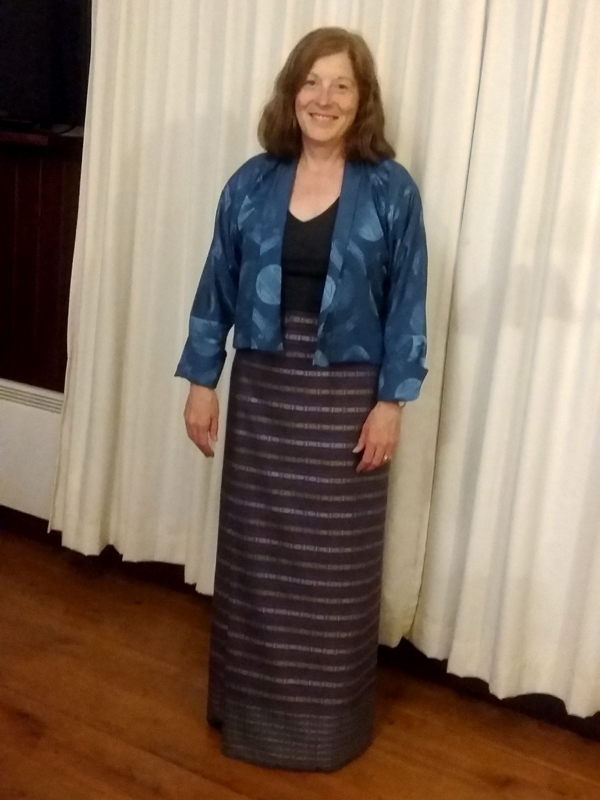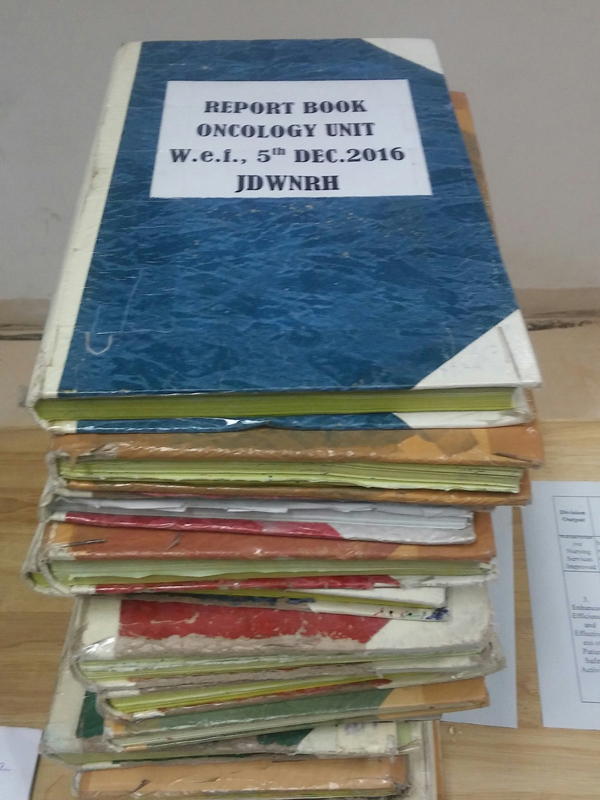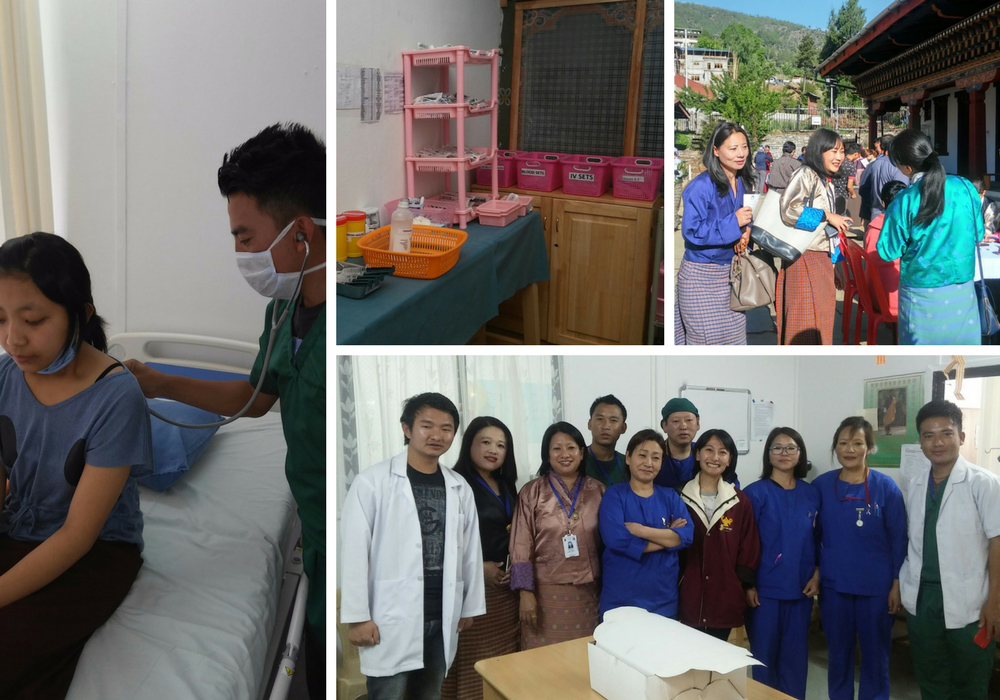Oncology nursing has certain universal truths: Your patients are going to need care. They’re going to need advocates, educators, and support systems to help them face their cancer diagnoses. Whether you work in a town that’s as American as apple pie or the Kingdom of Bhutan in the Eastern Himalayas, oncology nurses are at the ground level providing patient-centered care that leads to positive outcomes.

Despite cultural differences, political structures, healthcare systems, and even simple geography, ONS members like Karla Mather, RN, MSN, OCN®, staff nurse at the Virginia Mason Medical Center, are crossing borders to support their fellow oncology nurse colleagues in different countries. Through Health Volunteers Overseas (HVO)—and equipped with ONS-provided tools—Mather recently travelled to Bhutan to share resources, education, and lessons of empowerment and leadership with her oncology nursing peers.
“I worked alongside oncology nurses at the Jigme Dorji Wangchuck National Referral Hospital in Bhutan’s capital city, Thimphu,” Mather says. “The hospital had just opened its updated oncology department in October 2016. It has six beds used for infusion, three rooms used for palliative and end-of-life care, and it’s staffed by 10 oncology nurses. It also had an oncologist volunteering from India, as well as an oncologist on a two-year contract.”
During Mather’s 35-day visit, she worked closely with her Bhutanese oncology nurse colleagues and noted some stark differences from her own experience in the United States. She noticed that health literacy and language barriers were some of the biggest challenges facing their oncology care. Yet, Mather didn’t come looking to fix an oncology practice. She came with an aim to contribute resources and further education for her peers. One of her goals was to empower nurses to take charge in practice and make positive changes for their patients.
“It wasn’t my goal to show up and act like I had the answers,” Mather recalls. “They know a lot more about what they’re doing on a day-to-day basis than I do. My goal was to provide education and support.”
Sharing Resources and Education
Mather found several opportunities to engage with nurses through educational lectures. After receiving initial treatment in India, some patients were returning with implanted ports in place. Mather took the opportunity to present information to the nurses about port access and care.
“I wanted to give them confidence on how to correctly flush, use, and access a port,” Mather says. “I presented a lecture to the nurses, and, when we saw one of our patients arrive with a port, the nurse was able to access it and use the port.”
Mather also created a lecture for nurses on patient assessment. To address educational gaps, she wanted to ensure that the nurses had the tools and understanding required to correctly assess their patients.
“We spent a lot of time talking about how to initially assess patients. We also discussed assessments for when they come back for subsequent doses of chemotherapy,” Mather notes. “We covered what’s important to know before a patient receives treatment, and we examined their lab work, identifying what nurses should contact the physician about.”

Providing Safe, Quality Care
From Mather’s experience, the nurses were diligent with drug calculations and chemotherapy infusions. Even without access to the same technology found in most cancer clinics in the United States, the Bhutanese nurses were on top of their administration practices.
“They do all their drug calculations by hand, and I didn’t see anybody making an error. Also, they don’t have IV pumps or infusion machines, so all of the chemotherapy is being delivered by hand through tube controlling,” Mather recalls. “It made me reflect on my own practice. We implement so many new procedures and techniques that we sometimes lose track of the ball. When that happens, I’m not sure our practice is any safer for our patients.”
She says that her experience in Bhutan was unique and fulfilling. “I was completely impressed by the dedication and gentleness of the oncology nurses I worked with. They all work six days a week on rotating shifts, covering on Sundays as well, and there’s no such thing as part-time. They are rotating shifts, and they are working hard for their patients.”
In time, Mather hopes to return and continue to work with her Bhutanese colleagues. Through HVO and ONS, Mather’s experience has furthered her passion for education and sharing resources to improve practices all over the world.
“For anybody who has thought about doing work like this,” Mather says. “I would recommend it. It makes me appreciate the education and resources we have available, and it’s a wonderful learning experience for everyone involved.”
For any nurses interested in international work, Mather welcomes questions about her experience. You can contact her at karla.mather@gmail.com.






